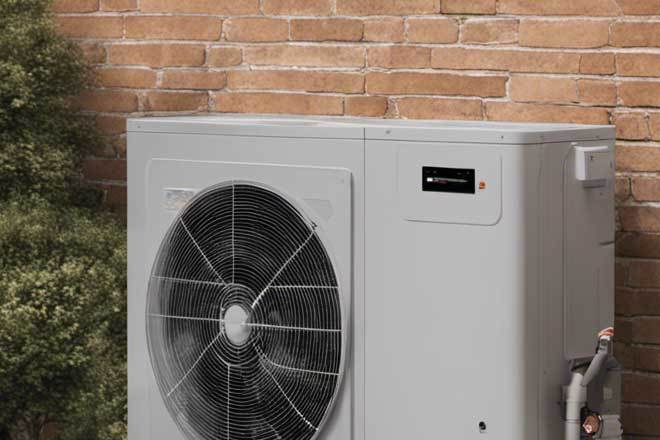
Comparing Air Source Heat Pumps to Other Heating Systems
When it comes to heating your home or business, you have several options to choose from. Traditional heating systems like furnaces and boilers have long been the go-to choices, but in recent years, air source heat pumps have gained popularity for their energy efficiency and environmental benefits. In this article, we'll compare air source heat pumps to other heating systems to help you make an informed decision about which one is right for you.
Traditional Furnaces:
How They Work: Furnaces use either natural gas or electricity to generate heat. They warm the air and distribute it throughout the building through ductwork or radiators.
Efficiency: Furnaces can be efficient, but their efficiency depends on factors like fuel type, age, and maintenance. Modern high-efficiency furnaces can reach up to 98% efficiency.
Pros:
- Quick heating
- Suitable for cold climates
- Relatively low upfront cost for natural gas furnaces
Cons:
- Dependency on fossil fuels
- Higher operating costs in the long run
- Potential carbon emissions
Boilers:
How They Work: Boilers heat water, which is then distributed through radiators or underfloor heating systems. They can run on natural gas, oil, or electricity.
Efficiency: Boilers are known for their efficiency, often reaching efficiency levels of 90% or more.
Pros:
- Even, comfortable heating
- Long lifespan
- Efficient and reliable
Cons:
- High upfront cost
- Slower to heat spaces compared to furnaces
- Emission concerns with oil or coal-fired boilers
Air Source Heat Pumps:
How They Work: Air source heat pumps extract heat from the outdoor air and transfer it indoors to heat the building. They can also provide cooling during the summer months.
Efficiency: Air source heat pumps are highly efficient, with some models delivering more than 300% efficiency (Coefficient of Performance or COP).
Pros:
- Energy-efficient heating and cooling in one system
- Lower operating costs compared to traditional systems
- Environmentally friendly with low carbon footprint
- Suitable for moderate to cold climates
Cons:
- Reduced efficiency in extreme cold
- Higher upfront cost than some traditional systems
- May require backup heating in very cold regions
Which System Is Right for You?
The choice between these heating systems depends on various factors, including your climate, budget, and environmental concerns. Here are some guidelines to consider:
-
Climate: Air source heat pumps are ideal for mild to cold climates, while furnaces and boilers are better suited for colder regions.
-
Energy Efficiency: If energy efficiency and reduced utility bills are a priority, air source heat pumps are an excellent choice.
-
Environmental Impact: If you're concerned about reducing your carbon footprint, air source heat pumps are the most environmentally friendly option.
-
Budget: Furnaces and boilers may have lower upfront costs, but air source heat pumps can offer long-term savings on energy bills.
In conclusion, the choice between an air source heat pump, furnace, or boiler depends on your specific needs and priorities. While traditional systems have their advantages, air source heat pumps are increasingly popular for their energy efficiency and eco-friendliness. Consulting with a heating and cooling professional can help you determine the best heating system for your unique circumstances.
Whichever system you choose, regular maintenance and proper installation are essential to ensure efficient and reliable heating for years to come.
Remember to factor in long-term operating costs, environmental considerations, and your region's climate when making your decision. Ultimately, the right choice will provide you with comfortable, cost-effective, and sustainable heating for your home or business.
